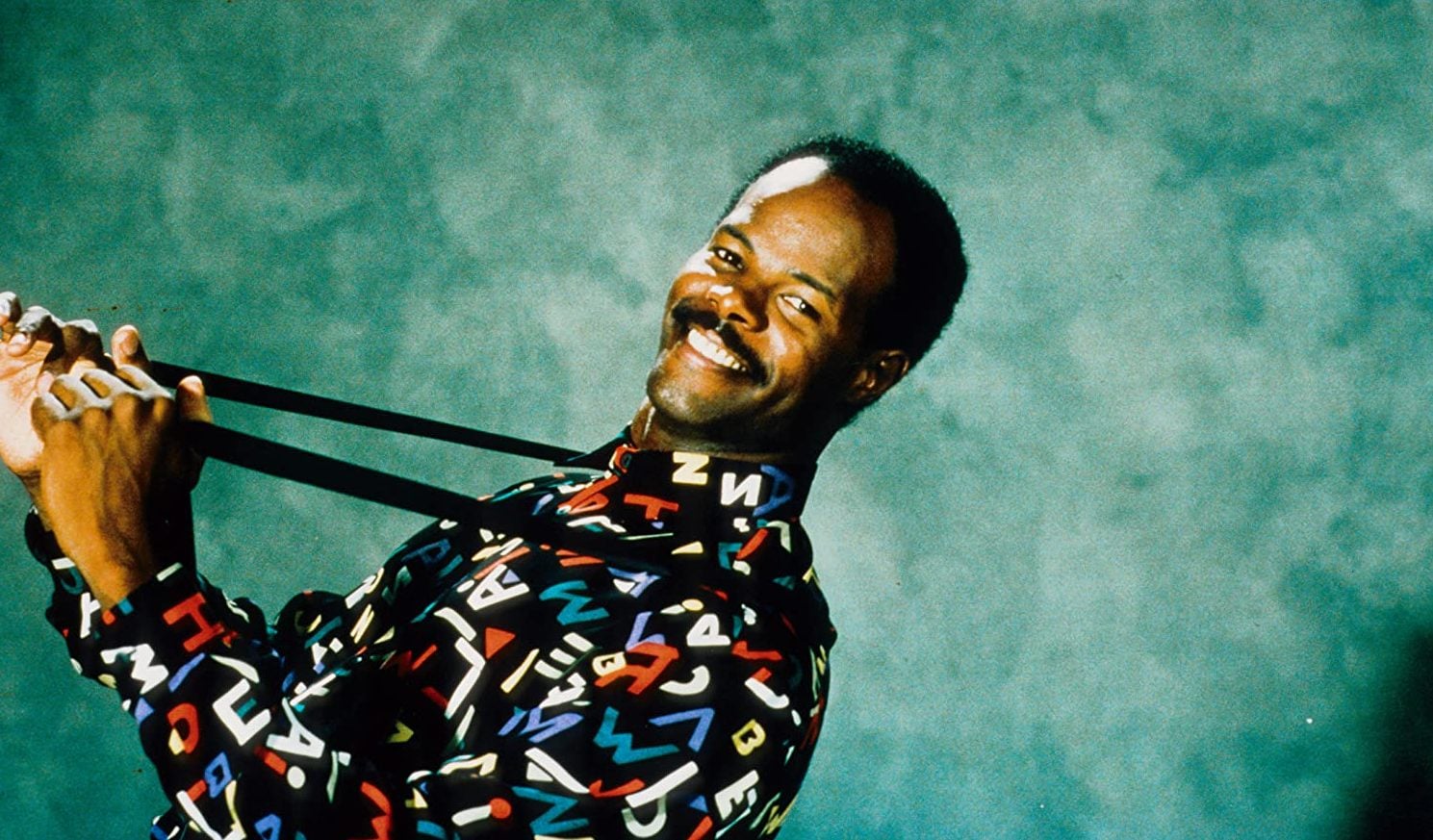
Danika Berry, founder and president of DB Agency, is known for helping celebrities and entrepreneurs make their mark in their respective industries. Over the span of her career, Berry has worn many hats. She has created, sold, and produced TV shows for OWN and USA Network and is also the founder of Glam Body, a beauty brand that sells natural body scrubs and promotes self-care and wellness. And while many have tried to quantify her success by measuring how well she does her job, Berry is proud of her ability to bounce back and pivot.
While sitting at a kitchen table with divorce papers and three kids under the age of 11, Berry made the decision to keep going.
“I got to the point in my life where I realized, I was depressed. Due to stress, I had bad acne, hyperpigmentation, stretch marks (my war wounds from giving birth), and I just didn’t feel beautiful,” said Berry. “I put all my energy into other people’s companies, which left me having to be ‘ON’ all the time. I’m human, I was tired.”
She went on to say, “I never thought I would ever be a single mom, but overcoming divorce personally taught me to not let fear be my chauffeur.”
Nevertheless, she persisted. With over 20 years of entrepreneurial experience, Berry was used to making life work for her. Earlier in her journey, Berry took a number of calculated risks that came with her experiencing homelessness and great rewards like working with Mathew Knowles and Destiny’s Child; David Beckham; Don Cheadle; and major brands such as Coca-Cola, Cartoon Network, NASCAR, and General Mills.
“I’ve always had an entrepreneurial spirit, the hustle, and drive. I strongly feel and will tell everyone, don’t put all your eggs in one basket. I’m a firm believer in having multiple streams of income,” said Berry.
Formulating Success
For Berry, one of those streams of revenue has always come from the beauty industry. Now, she’s making her mark on the industry with Glam Body.

(Image: Glam Body)
While searching for skincare products to treat her stress breakouts and beauty aids to make her stretch marks less prominent, Berry began to devote her time and energy to creating a solution for herself.
After learning about coffee’s abilities to clear acne, smooth skin, remove blackheads, cure hyperpigmentation, treat cellulite, and soothe eczema; Berry began mixing and testing out recipes for nearly eight months. And in 2017, Glam Body was born.
“Prior to Glam Body, I had a few other online companies that did very well for me. Glam Body wasn’t necessarily about putting my dreams first, I created the company because my son was on steroids for eczema and I wasn’t comfortable with him being in contact with those chemicals. I heard about coffee scrubs and used a few from other companies. When I tried them, I didn’t really like them and said, ‘I can create this myself.’ When the product worked on my son, being the businesswoman that I am, I decided to sell it.” said Berry
Showing Up in Business
Successfully launching Glam Body was a testament to Berry giving things her all.
“When it came to my business, divorce taught me to be my authentic self. I used to hide behind my business, no one knew I owned Glam Body—and I launched the company in 2017. It took me three years to reveal myself as the owner because although I was instilling confidence in my every day clients as a publicist behind the scenes,” she added.
She went on to say, “The crazy thing is that I didn’t have that confidence within my own self. I had to practice what I preached. Now, I believe in myself like never before. And, realized that I can do anything the I put my mind to.”
Berry has worked with beauty moguls Mahisha Dellinger, Jenelle Stephens, and countless others who now encourage her to show up and shine.
“Janell Stephens, CEO of Camille Rose is a very good friend and she has given me awesome advice regarding Glam Body. Janell has been extremely inspiring, attentive, and very forthcoming regarding the moves that I make. Mahisha Dellinger, CEO of Curls, who is also a good friend has been super supportive. She has her Black Girls Making Millions Academy, where she helps women at all stages of their business empower, educate, and elevate the next generation of entrepreneurs. Mahisha was actually ready to introduce me to retail, but I wanted to pull Glam Body together first prior to taking that huge step,” said Berry.
She continued to say, “It feels good to have these beauty vets who run multimillion-dollar companies believe in you and share the business lessons they have learned. As black women, we all need to stick together and Janell and Mahisha are both giving back and helping those like myself, who are also trying to achieve entrepreneurial success.”
Faith, affirmations, and envisioning herself where she wants to be has helped Berry build her confidence. And she hopes to encourage other women to be fearless in their pursuits.
To other women looking to start a business of their own with confidence, Berry said, “Manifest your dreams by setting clear goals and intentions. The first step in manifesting something is to get crystal clear on exactly what it is that you want. Do this by setting concrete goals and intentions in and around the business you want to create. Find that inner strength and appreciate life and realize that you have control over your future. You can achieve success on your own terms.”
from Black Enterprise https://ift.tt/3aBLQgM
via









